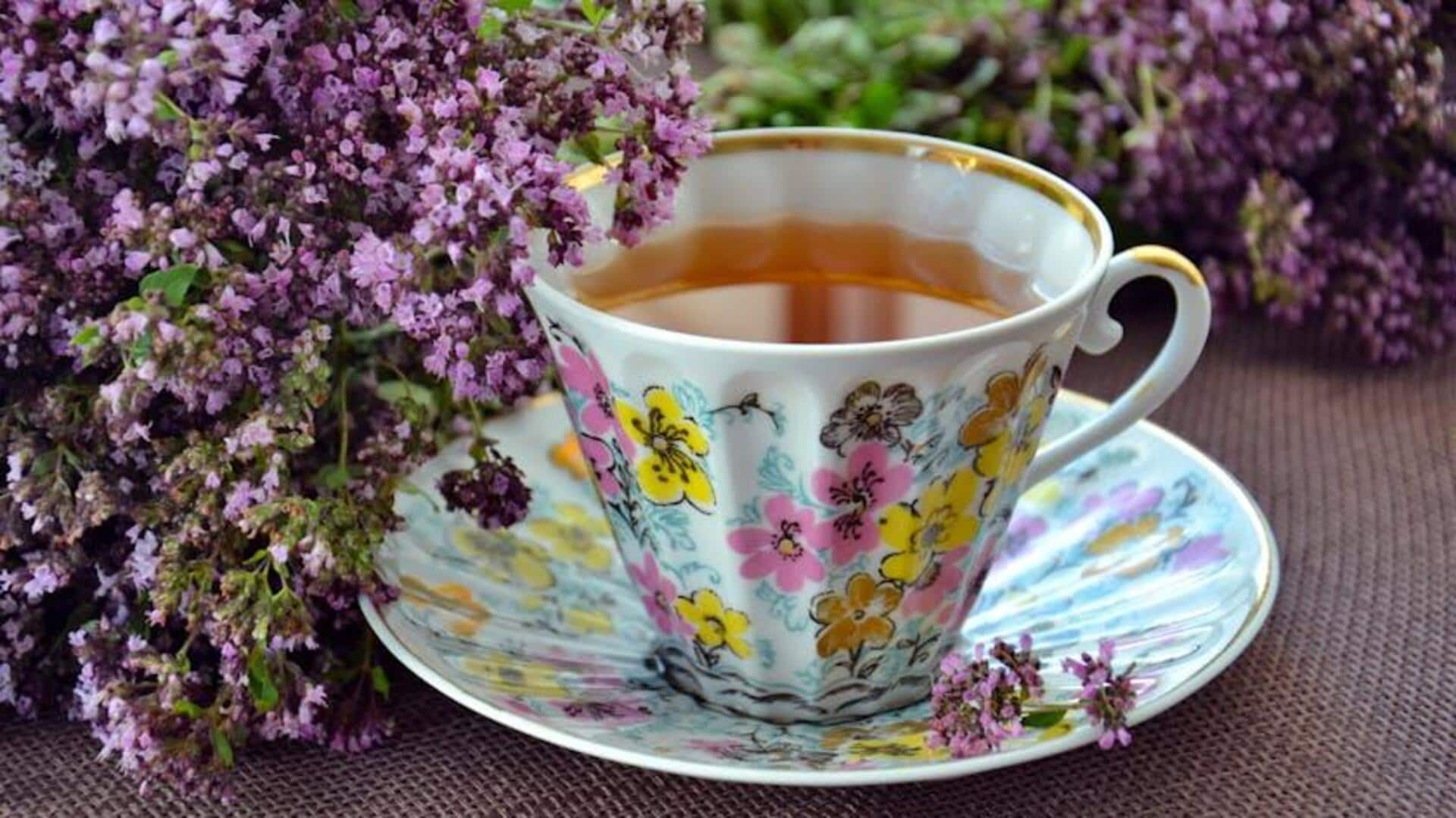
How to brew perfect herbal infusion
What's the story
Brewing herbal infusions can be a delightful experience, offering a range of flavors and potential health benefits. Unlike traditional teas, herbal infusions are made from various plant parts like leaves, flowers, seeds or roots. The process is simple yet requires attention to detail to achieve the perfect brew. Here are some insights into mastering the art of brewing herbal infusions like a pro. Focus on these elements: water temperature, steeping time, ingredient selection.
Ingredient choice
Selecting quality ingredients
The quality of your ingredients significantly impacts the flavor and efficacy of your infusion. Opt for fresh or properly dried herbs that are free from pesticides and chemicals. Organic options are often preferred for their purity. Consider sourcing herbs from reputable suppliers or growing them in your garden if possible. Popular choices include chamomile for relaxation, peppermint for digestion support, and hibiscus for its vibrant color and tart flavor.
Temperature control
Understanding water temperature
Water temperature is key to pulling out flavors from herbs without ruining their delicate nature. In general, most herbal infusions need 90 degrees Celsius to 100 degrees Celsius (194 degrees Fahrenheit to 212 degrees Fahrenheit) of water. But some delicate herbs may do better with slightly cooler water at around 80 degrees Celsius (176 degrees Fahrenheit). A thermometer can help you get it right.
Steeping duration
Mastering steeping time
Steeping time influences the strength and taste of your infusion. Most herbal blends require steeping times between five to ten minutes, but some strong ingredients like roots may require up to 15 minutes or more. Play around with different durations according to taste but don't over-steep as it may turn bitter.
Flavor pairings
Experimenting with flavor combinations
Creating unique flavor combinations can take your herbal infusion experience to the next level. Try blending complementary herbs like lavender with lemon balm for calming effects, or ginger with lemongrass for an invigorating taste profile. Keep track of successful pairings by maintaining notes on proportions used during experimentation sessions, so you can recreate them later if desired.